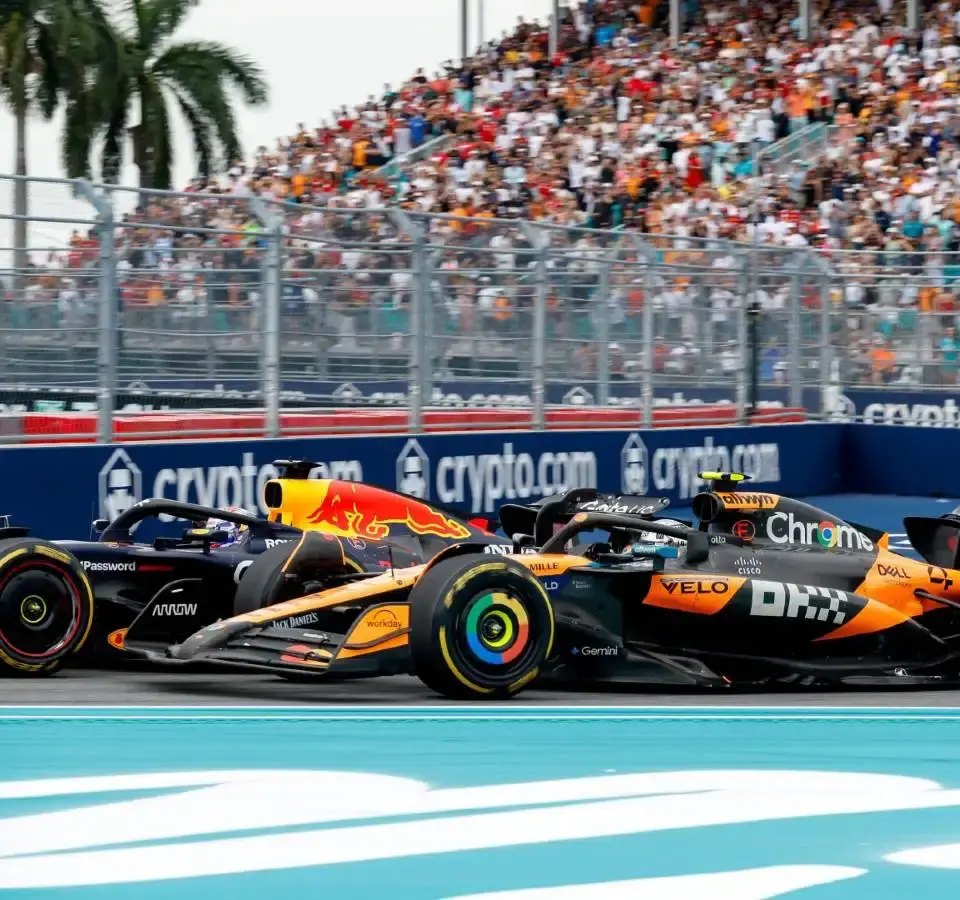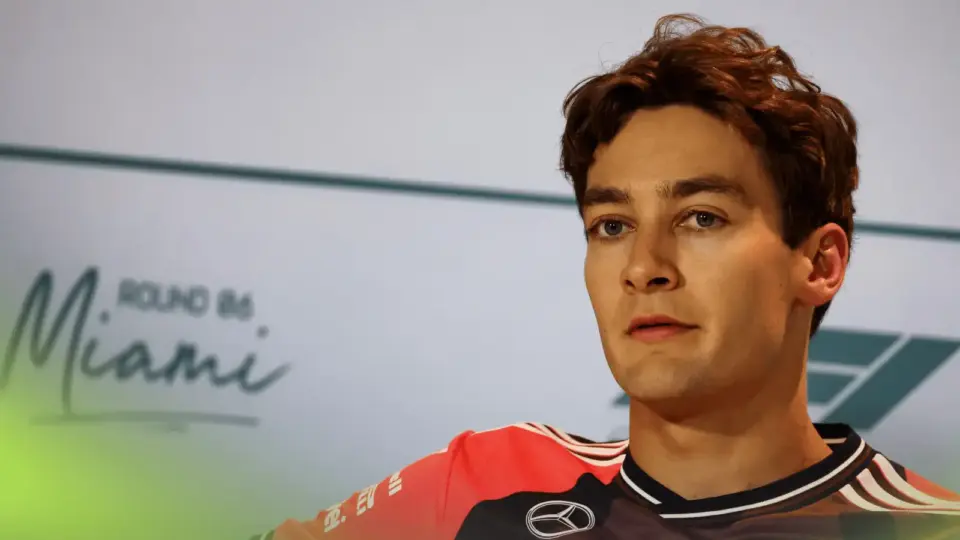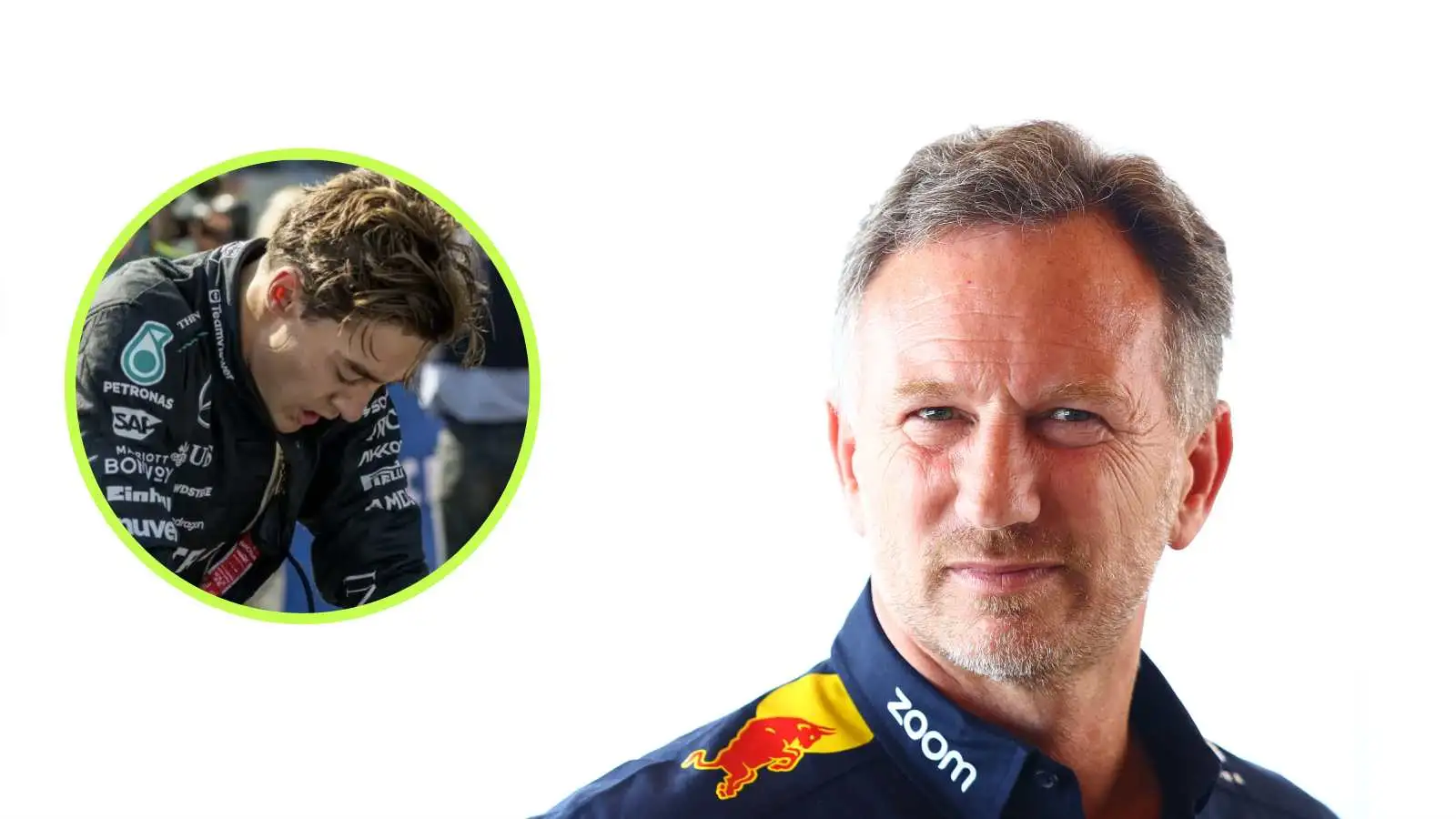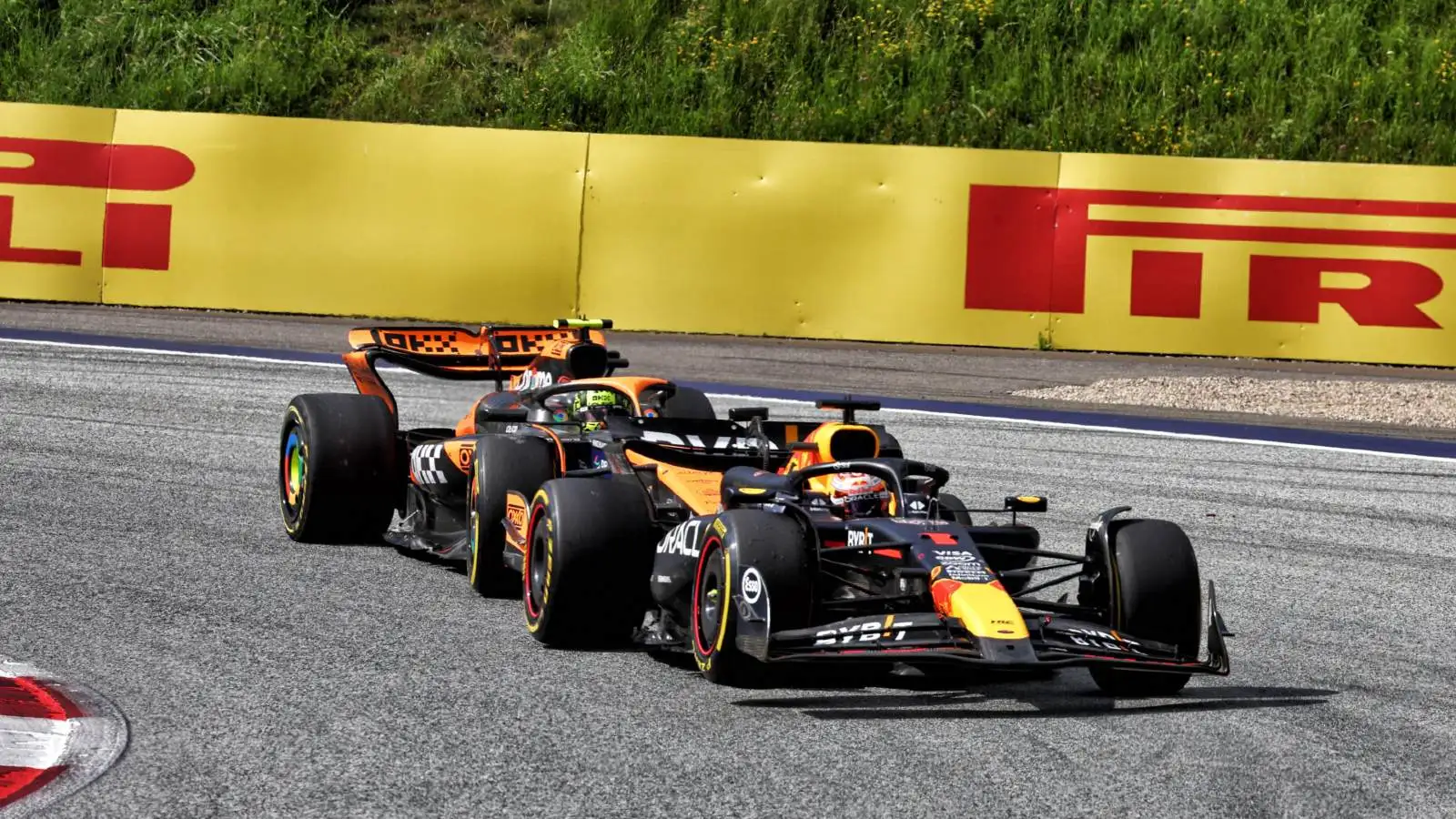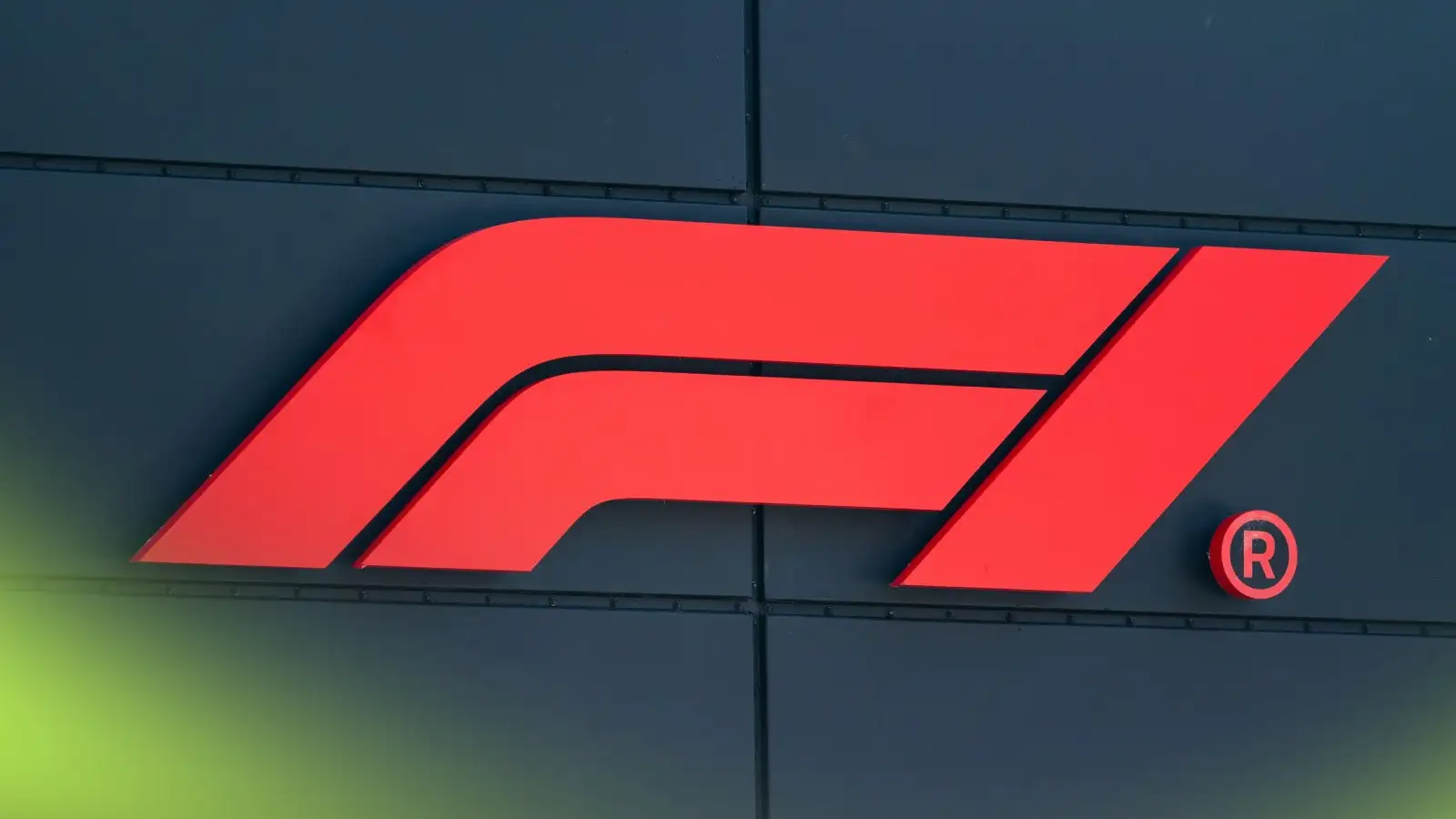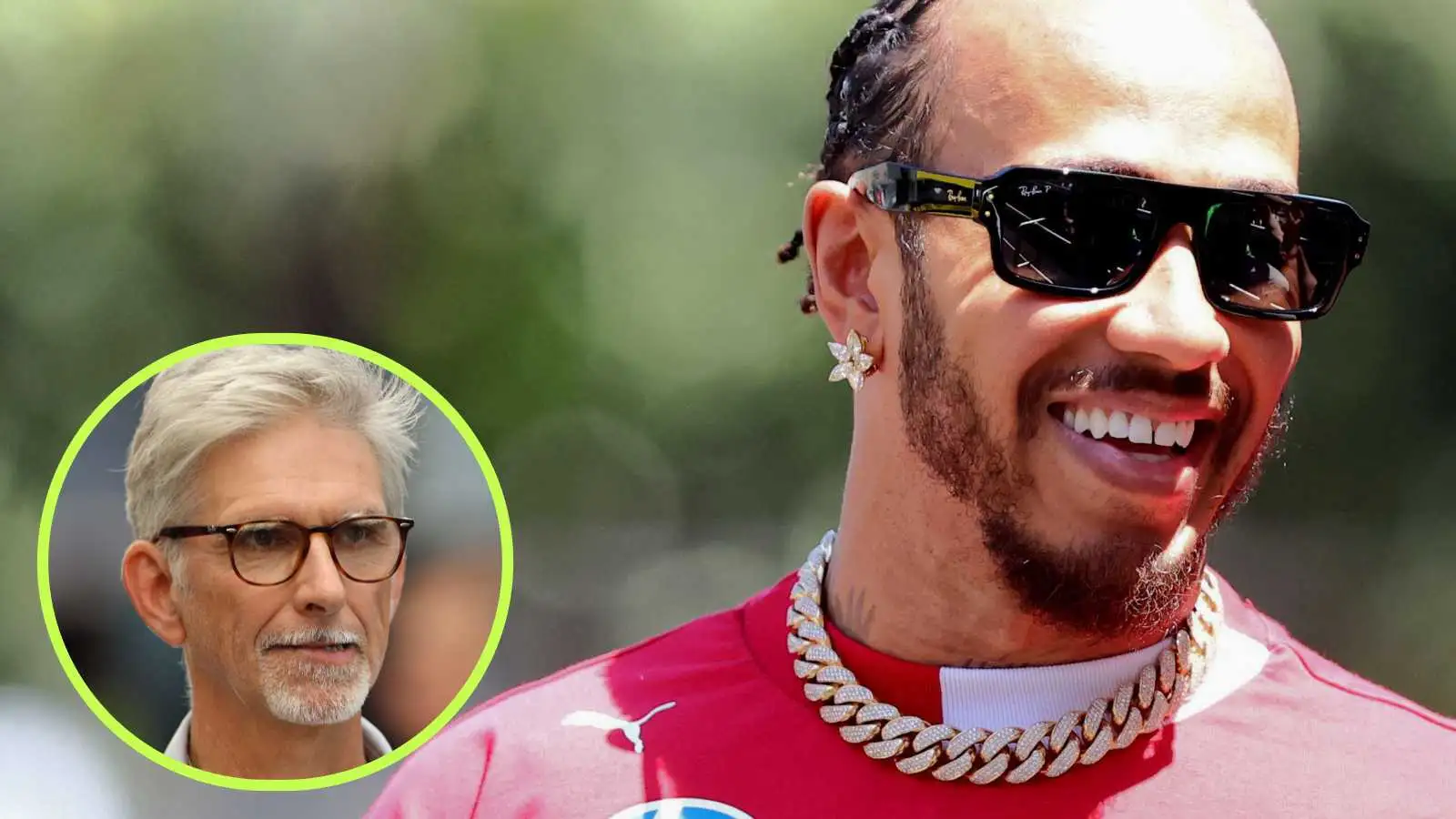The fast-paced world of Formula 1 is not just about the thrill of speed and sound; it’s also about the strategies that unfold in each corner of the track. Recently, a wave of concern has hit the F1 community about potential over-regulation with upcoming 2025 changes. Red Bull’s Christian Horner is at the forefront, voicing his fears regarding this transformation. His unease stems from new racing guidelines that could alter the essence of wheel-to-wheel combat, turning instinctive maneuvers into a formulaic procession most concerning for fans and drivers alike.
Horner’s apprehensions focus on the updated guidelines for this season, which present a fundamental shift in racing etiquette. A notable change to the rules has made overtaking on the outside more challenging, raising questions among teams and drivers. The debate centers on whether these regulations prioritize fairness over the natural evolution of the sport, potentially stifling the innate skill and daring F1 is known for. Let’s explore how these changes might impact the essence of racing and what lies ahead for F1.
Changes in Overtaking Dynamics
In the last season, F1 drivers followed a guideline that allowed cars on the outside of a rival a car’s width on corner exit. The 2025 changes, however, have removed this mandate, altering the dynamic of overtaking maneuvers. Now, defending drivers can simply shut the door on rivals, limiting the attacking driver’s path. This has raised concerns as highlighted by Red Bull’s Christian Horner, who worries that such regulation adjustments might lead to ‘unnatural’ racing where the drivers play to the rule book rather than the race itself.
Horner’s criticism isn’t just about the loss of room to overtake but about maintaining the natural flow and dramatic tension that comes from real, uncalculated risks on track. While some see the refinements as necessary for safety and fairness, others argue that they dilute the raw, instinctive essence of what racing should be. “It’s not how racing should feel,” Horner lamented, pointing out how essential instinct is in high-stakes situations.
Piastri’s Instinctual Maneuvers
Oscar Piastri may have executed a defensive move against Max Verstappen that sparked discussions around these changes. The Saudi Arabian Grand Prix saw Piastri making what many considered a bold maneuver, despite it being compliant with the new guidelines. Piastri himself insists that his actions were driven by instinct, not rules.
According to Piastri, the scrutiny his move received was unsurprising given its significance in the race’s outcome. He maintains that the decision was more about being in the moment and less about adhering strictly to the guidelines. “I think it was my corner,” he stated, defending his decision to hold his position. Piastri advocates for a style that balances instinct and strategy without being overly restricted by regulation shifts.
Feedback from the Grid
Many on the F1 grid echo concerns about over-regulation, sharing Horner’s sentiment about maintaining the sport’s traditional essence. The tension between regulation and racing freedom is palpable. For drivers like Piastri, who have grown up racing with a clear understanding of dynamics and positioning, there exists a natural resistance to any rule that overly prescribes their instincts.
The stewards’ decisions are often in the spotlight, dissected post-race across forums and social media. Drivers and teams alike debate the balance between safety and spectacle. “Everyone’s interpretation varies,” Piastri mentioned, touching on how individual backgrounds influence reactions to new rules. It appears that the crux lies in finding a middle ground that encapsulates safety while preserving the sport’s intense drama.
Understanding Regulation Intentions
Regulation changes often aim to enhance both safety and competitive fairness in F1, yet the line between too much and too little regulation is thin. The 2025 changes, although meant to refine racecraft, have ignited discussions on whether they hinder organic racing progression. Christian Horner, a significant figure within the sport, suggests considering a reset or re-evaluation during driver meetings as a potential solution.
These discussions bring to light the delicate balance regulation must strike to enhance rather than stifle the racing spirit. By allowing advisory dialogue between drivers and stewards, F1 may better align changes with the ethos of its participants. The sport’s history of thrilling races often hinged on bold moves, something Horner and others fear might be curtailed by overly cautious regulatory frameworks.
Looking Back and Forward
Historically, F1 has adjusted regulations in response to on-track incidents, driver safety concerns, and technological advancements. The ongoing debate is part of this evolutionary process. Christian Horner’s call for discussion comes from a place desiring to preserve the adrenaline-fueled nature of the sport amidst evolving standards.
Reflecting on past regulation shifts highlights an ongoing journey where safety, competitive balance, and sporting spirit coalesce. The question remains: will the 2025 adjustments lead to more engaging races, or will they impose unnecessary restrictions? As F1 looks to future adaptations, the voice of its stakeholders will be crucial in shaping a sport that respects its legacy while adapting to modern needs.
Voices from the Paddock
Opinions around the paddock vary widely, yet there is a unifying theme of concern over diminishing the thrill integral to F1. Many drivers, while acknowledging the necessity of rules, express a desire for regulations that respect the driver’s intelligence and skill without being overly prescriptive.
The sporting community recognizes the inevitable evolution of the rules, yet there is apprehension about losing the spontaneous, unpredictable nature of racing. Christian Horner’s appeal underscores the need for continuous dialogue to ensure that regulations are adaptive rather than restrictive. Keeping the sport dynamic while ensuring safety is a delicate dance performers in the paddock must master.
The Role of Technology
With technological advances, Formula 1 often finds itself at the crossroads of innovation and tradition. While technology has made the sport safer, some argue it might detach drivers from the gritty essence of racing. In 2025, as regulations evolve, the role of technology in shaping races is undeniable and sometimes contentious.
Horner’s statements can be seen as a plea for balance, where technology aids but does not overshadow the human element in sports. “We need to be cautious,” he advises, stressing the importance of retaining the raw excitement that draws fans and fuels competition. The integration of tech should complement, not replace, the visceral experience of wheel-to-wheel racing action.
A Call for Consensus
Christian Horner advocates for a balanced regulatory approach, encouraging input from drivers to guide future changes. The need for consensus is clear, with Horner suggesting a collaborative discourse as the cornerstone for any future regulation.
Such a consensus ensures everyone involved—from drivers to teams to fans—feels invested and respected. It’s not just about rules; it’s about harnessing collective expertise to sustain and enhance F1’s competitive allure. With these discussions, the sport might find the equilibrium required to retain its legacy while embracing necessary changes.
Where Do We Go From Here?
Looking ahead, the F1 community faces the challenge of evolving without losing its core. Horner’s insights, though focused on the issue of over-regulation, highlight a broader need for the sport to maintain its edge.
The key to F1’s future lies in dialogue and adaptability. As drivers, teams, and regulators seek harmony between excitement and order, the path forward remains one that seeks innovation without sacrificing authenticity. Whether the 2025 regulation changes ultimately enhance or hinder the sport is a question time will answer, driven by continuous engagement and reflection.
The debate over F1’s future direction is far from settled. Christian Horner’s concerns highlight the nuanced balance required to preserve the sport’s competitive spirit. As racing approaches another era of transformation, finding the right mix of regulation and freedom will define its legacy. F1 must navigate these changes carefully, ensuring drivers’ skills shine while upholding safety and integrity. A harmonious blend of tradition and innovation remains crucial for the sport’s enduring thrill.
